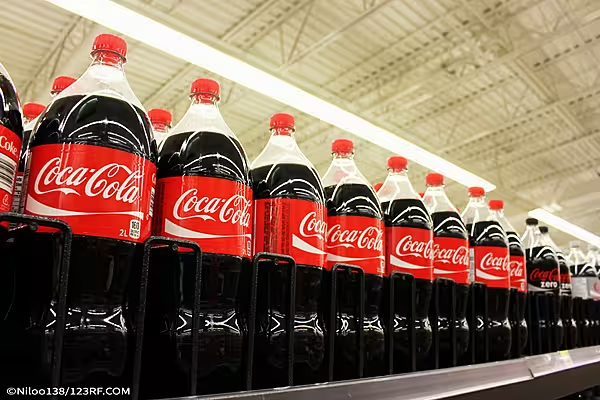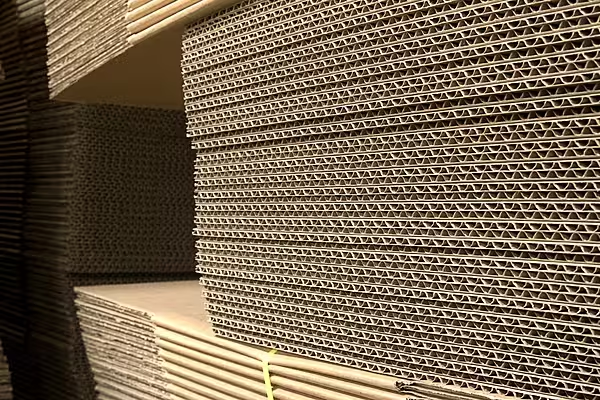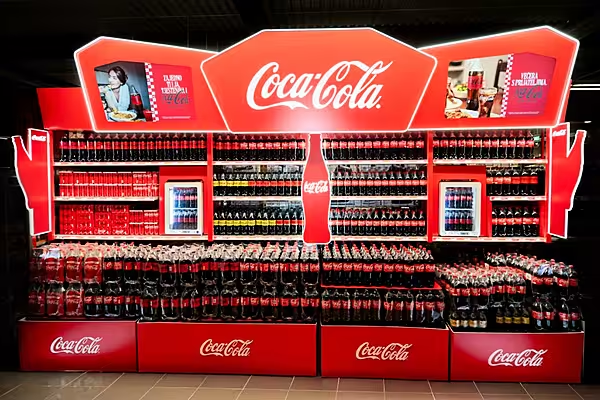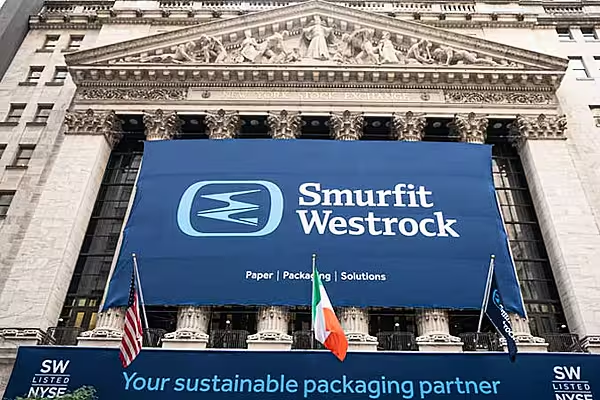Donald Trump’s efforts to save American metal-making jobs by punishing cheap imports may come with an bitter side effect: pricier beer.
That’s the view of Tim Weiner, senior commodity risk manager at Molson Coors Brewing Co. and its MillerCoors LLC unit. “If there are duties on aluminum coming to this country, it will obviously get passed on to us and the customer,” he told an industry conference in Chicago Wednesday. “Our prices will go up.”
The brewer’s warning juxtaposes the enthusiasm of producer Century Aluminum Co. at the prospect U.S. authorities will take action against unfairly priced imports. Following a World Trade Organization complaint filed by the Obama administration in January, Trump signed an executive memorandum in April initiating an investigation into aluminum imports as part of a push to bring back jobs to America’s rust belt.
But if the U.S. does impose import duties on primary aluminum, it will affect the roughly 5,000 brewers scattered across every congressional district, Weiner said. Asked about the likelihood of such duties, he said: “It depends on whether it’s politically motivated, or business motivated. I think there’s political motivation for putting some tariffs on.”
About 60 percent of the brewer’s packaging is aluminum can, “and we don’t expect that to change,” Weiner said. “We’re giving our customers what they want, and what they want is cans.”
Security Threat?
Alleviating some of the pain of increased imports for U.S. producers is aluminum’s 13 percent rally this year, the best performance among major industrial metals. That’s helping spur Century toward restarting some production at a Kentucky smelter, Chief Executive Officer Mike Bless said in an interview from the Habor Intelligence conference, where executives from Alcoa Corp., Rio Tinto Group and Arconic Inc. are also attending.
In years past, the conference focused on the growing oversupply of China-produced metal. This year, though, it’s abuzz with the standing Section 232 investigation to determine if an influx of foreign aluminum is damaging U.S. manufacturers severely enough to threaten national security.
The aluminum investigation will come after the Commerce Department makes a recommendation to the president on a similar steel probe. Speaking from Cincinnati Wednesday, Trump said his administration will take measures “very soon” to stop foreign firms from selling steel in the U.S. at artificially low prices.
Kennedy Era
While it may make sense for Trump to levy actions against China, given he has repeatedly called out the Asian economic superpower for unfair trade practices, he may make more broad-based moves, putting allies like Canada and European nations in the cross-hairs.
It would be “tough” to do targeted tariffs and it “would have to be broad-based and adjusted by country,” Colin Hamilton, global head of commodities research at Macquarie, said in an interview from the conference. “Something will be done,” he said, adding that “we might have more nominal tariffs” to make them politically symbolic.
What the Commerce Department will present to Trump is uncertain, as the obscure section of a Kennedy-era trade law gives the president broad powers to levy tariffs and limit imports.
Broad restrictions on imports would have an effect down the supply chain, sweeping up end users and producers of value-added products -- such as makers of beer cans -- who would have to pay more for domestically-produced raw aluminum or imports with high tariffs.
“Protectionism is generally a self-tax on the consumer,” Hamilton said.
News by Bloomberg, edited by ESM. Click subscribe to sign up to ESM: The European Supermarket Magazine.














